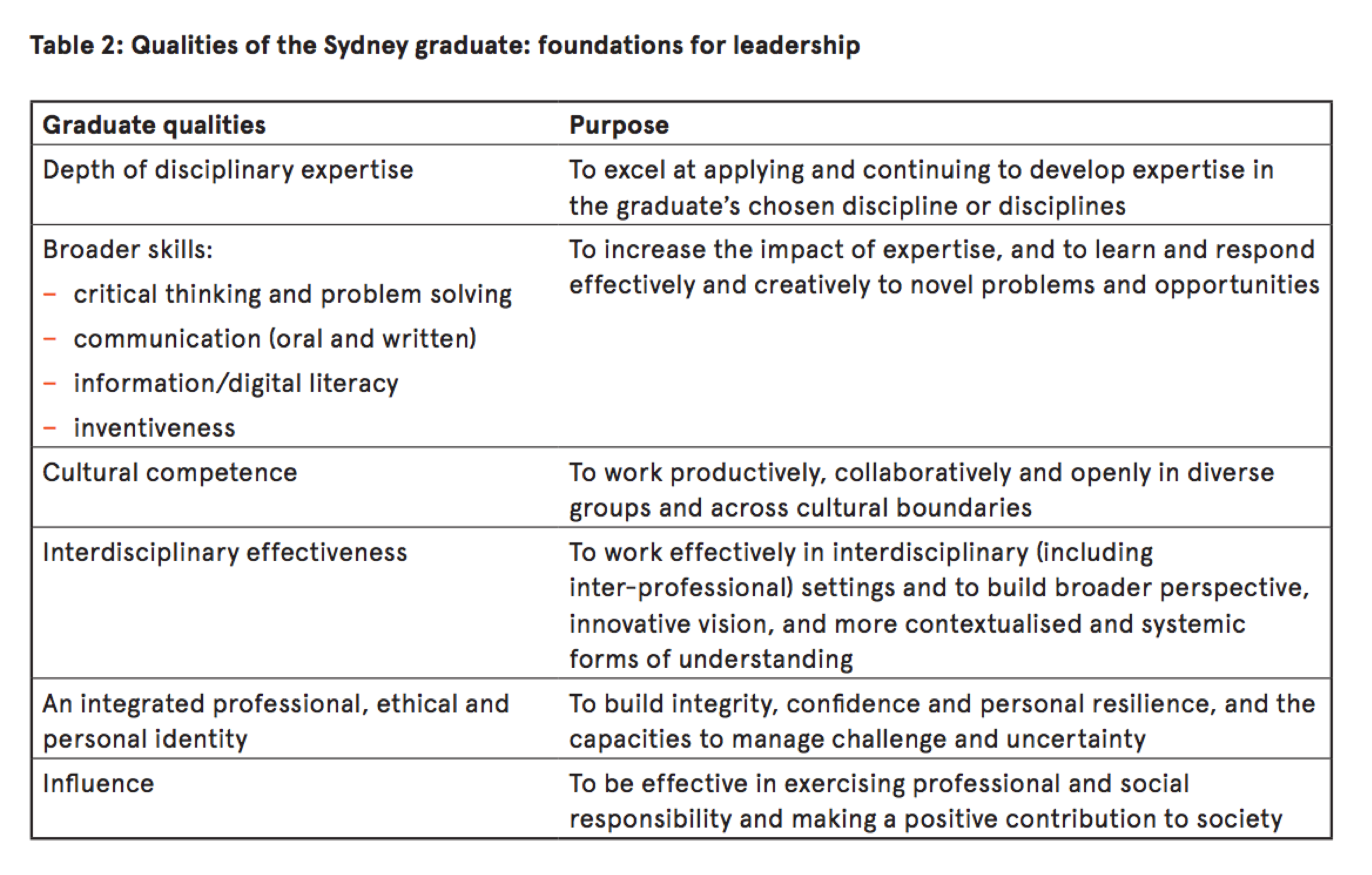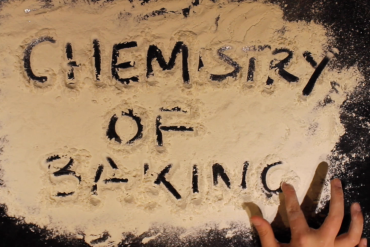Throughout higher education there has been a lot of talk about graduate qualities – sometimes referred to as graduate attributes. Graduate qualities are usually defined as the non-discipline specific skills or attributes that that graduates will emerge with following their degree. In zooming out from the debates and discrepancies between the disciplines to focus on the end result, graduate qualities ask us to state more broadly what we hope students will gain from three or four years of study at a significant cost in time, money and other resources. Though today graduate qualities are formalised in explicit lists compiled by Universities and external accrediting bodies, to some extent society has always held varying implicit expectations about what a graduate should look like. This is most literally, and memorably, expressed in The Great Gatsby:
“I said I’d been making a small investigation of his [Gatsby’s] past.””And you found he was an Oxford man,” said Jordan helpfully. “An Oxford man!” He was incredulous. “Like hell he is! He wears a pink suit.” (Fitzgerald, The Great Gatsby, 1925)
We are unlikely to find a dress code included within the University’s strategic plan. Despite this, it is not uncommon for wider public discussion to continue to make links between an individual’s university education and their (expected) wider skills or behaviour. This is especially visible in news media reporting on graduates’ educational pedigree, especially in cases involving some scandal or illegality. In the case of the ‘Budgee 9’ the underlying expectation was that graduates should be more culturally aware or, failing that, have better choice in clothes (pink suits or otherwise).
While social discussion and industry expectations are undoubtedly part of the graduate qualities discussion it would be a mistake to think of them as something that is externally imposed on educators. Ask most academics what they want of their students and few will state that they want students to simply regurgitate other people’s knowledge. Rather, we say that we want students to think critically, create and generate new knowledge, and do so in a way that is ethical, safe, or simply aware of wider issues. Similarly, in a sector where disseminating knowledge can be as important as generating it, few would disagree that graduates should be able to communicate what they know, whether as an essay, report, mathematical proof, or clinical consultation. Central to the role of the University is to create and pass on knowledge. Whether we do this through research or teaching, our graduates are part of this discussion.
Most people recognise that education is about more than just disciplinary knowledge. However, rendering these expectations explicit in a list of Graduate Qualities statements often leads to complicated and often contested territory. How do the qualities of the institution align with those from industry and other external accrediting bodies? What role does the University have in teaching such things, assuming that they can be taught? Does including graduate qualities make a University a glorified training camp for industry? And what about the really difficult things like cultural competence – how can you begin to teach this in a semester, much less assess it? These questions do not have easy answers and under the often considerable workload of an average semester, adding these questions into the mix may feel like one additional burden on an already lengthy ‘to do’ list. Added to this, the language and discussion around graduate qualities has a peculiar mix of the obvious and the obscure that may not only make it difficult to engage with but may also makes this a really challenging component within curriculum design.
Though dry and sometimes difficult there are several approaches that can support us. Firstly, at an institutional level we have the Sydney Undergraduate Experience and the Strategic Plan, that outlines the graduate qualities that the University has identified.
Secondly, at a faculty and program level we know that graduate qualities need to be integral and translated to the specifics of the discipline. For example, what does communication look like in your subject? Is it an essay, set of lab notes, a requirements report, system documentation, a design portfolio, a presentation or pitch, or piece of multimedia? It is this need to embed and contextualise graduate qualities that requires all of us to be involved in the conversation.

At a personal level, for many academics the inclusion of graduate qualities may require rethinking what and how we teach. Many of us will have gone to University during a time when we, as students, were expected to pick up various skills and abilities with little in the way of instruction or support. While this incidental form of education worked for us, it is insufficient for the scale and speed of change that forms the environment which today’s University and its students exist within. Technology, globalisation, and the rise of interdisciplinary ‘wicked problems’ are some of the features of the landscape that our students will have to navigate. As educators it is not our role to either smooth this terrain or put in place a simple pathway. Life has always been difficult and complicated; a degree is not a panacea. That said we do have a responsibility to consider how graduate qualities are included, whether as an existing hidden curriculum that is already integral to our disciplines or as something entirely new. By doing this we can support students in developing skills that may give their education some longevity and provide a buffer for those who train for a profession in 2017 only for it to become obsolete in 2027. However much time we have to spare, graduate qualities should be something we think about in all of our courses; this thinking does not detract from our disciplines but reinforces the knowledge we share so that, via our students, it has a more sustained impact in the world outside the University walls.
TL;DR
- We have always had expectations, implicit or otherwise, about the kind of qualities or skills a University graduate should have.
- University education has always led to some kind of graduate quality development, however this latent and incidental curriculum is now more explicit through strategy, policy and curriculum design.
- At a micro level the language of graduate qualities is often contested amongst universities, industries and experts. Quibbling aside, the main jist of GQs is that graduates emerge with more than just the discipline specific knowledge at the end of their degree.
- Graduate qualities are best ‘embedded’ into a course or program and not taught as a standalone or unrelated course.
- Each quality needs to be contextualised and specific to the discipline: ‘Communication for Engineering’ (e.g. a requirements report), Creative and critical thinking for Accountancy (e.g. presenting an financial information to a lay audience in a video).
- Understood properly Graduate Qualities are, in one way or another, integral to all disciplines.
- Considered inclusion and design of learning for Graduate Qualities can give a University education greater long-term impact.





